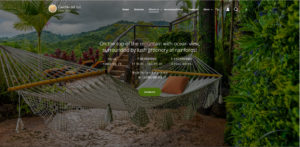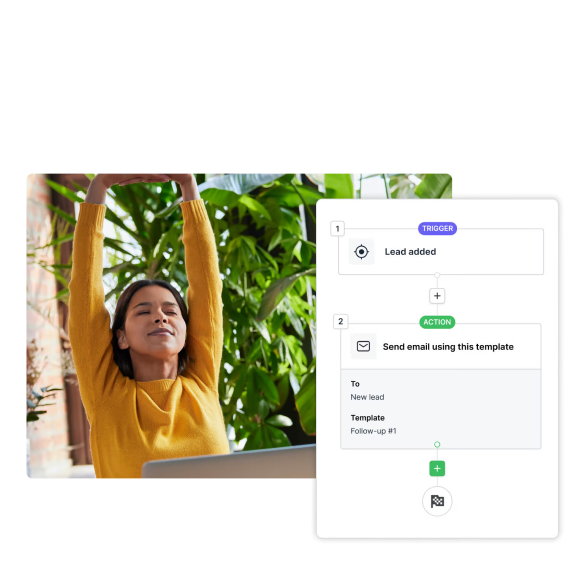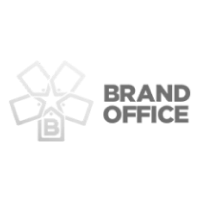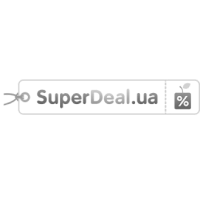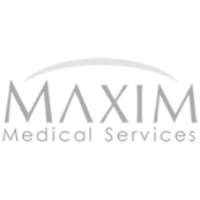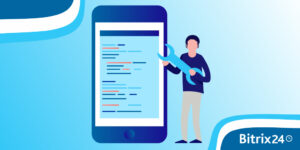Data Centralization for Clients: Collects all customer information into a single database, providing easy access to data for the sales team.
Sales funnel management: Allows you to visualize the stages of sales and the movement of deals through the funnel, helping to optimize the sales process.
Automation of communications: Automates the sending of emails, reminders, and tasks, reducing the routine workload on employees.
Tracking customer interactions: Records the history of communication with customers, including calls, emails, and meetings, to enhance service quality.
Sales analysis and forecasting: Utilizes sales data to analyze performance and predict future outcomes, helping to make informed decisions.
Task and project management: Helps plan workflows by assigning tasks and projects to employees and tracking their progress.
Integration with other services: Provides integration with email, calendars, accounting software, and other business tools.
Customer Segmentation: Enables grouping customers based on various criteria for more targeted marketing and personalized communication.
Content Management for Sales: Supports the creation and distribution of marketing materials and offers aimed at increasing sales (primarily works with email campaigns).
**Mobile Access:** Provides the ability to access the system from mobile devices, enabling work with data anywhere and anytime.
Customization and configuration to meet business needs: Allows adapting the functionality and interface of the CRM to the specific requirements of the company.
Risk and Service Quality Management: Analyzes potential transaction risks and helps improve customer satisfaction.
Support for Data-Driven Decision Making: Provides real-time access to reports and analytics to support informed decision-making.
